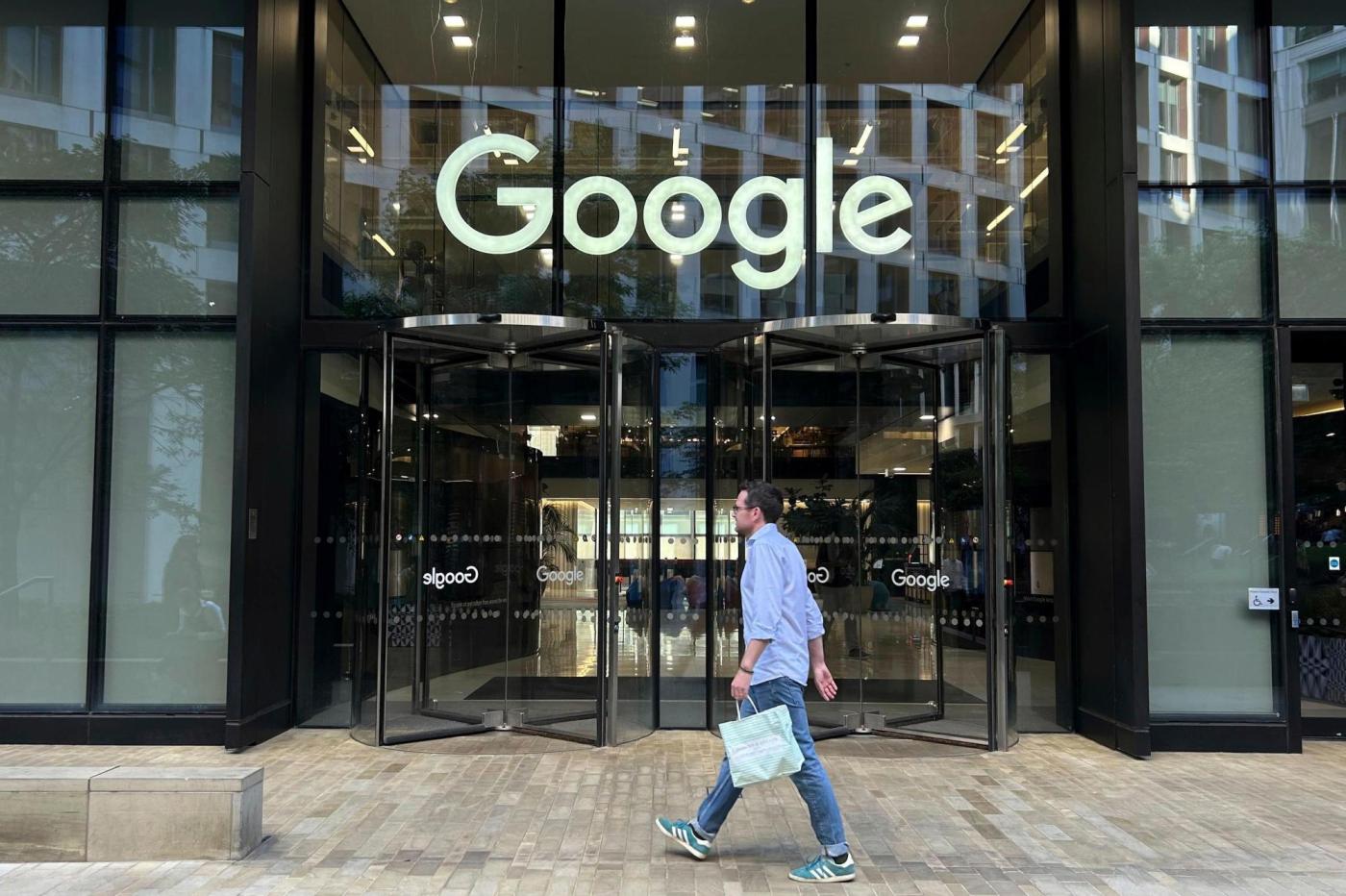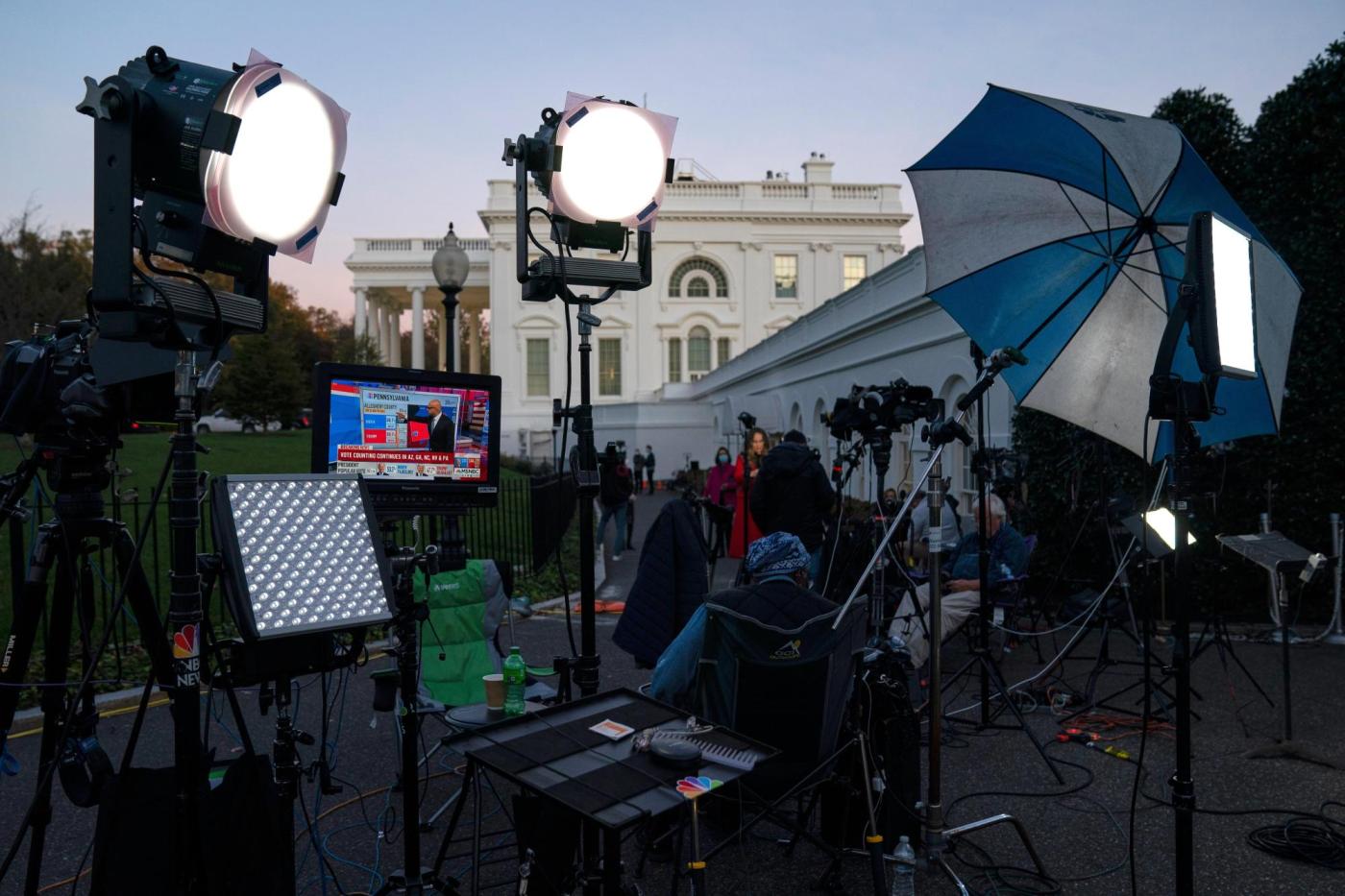(Bloomberg / Josh Sisco and Leah Nylen) — The US government hasn’t broken up a company since AT&T in 1982. Now it’s trying to persuade a judge to make Alphabet Inc.’s Google next.
On Monday, Google will square off against the Justice Department and dozens of state attorneys general in a Washington court room over what changes the judge will order to prevent the company from monopolizing the online search market.
The government wants Google to sell its Chrome browser, license search data to competitors and stop paying for exclusive positions on other services and devices, among other proposed changes.
Google says the government’s proposal would hurt consumers by breaking a range of products that people use every day and dent US technological leadership. In a blog post Sunday, Lee-Anne Mulholland, Google’s vice president for regulatory affairs, said the Justice Department’s proposal would “raise prices and slow innovation.”
Related Articles
More than 400,000 wireless phone chargers recalled over fire hazard
Opinion: Will California sell out its clean energy policies to help power AI?
Opinion: Social media’s ‘big tobacco moment’ is coming
Caltrans using remote-controlled equipment to help clear Highway 1 slide near Big Sur
The Bay Area startup behind Shark Tank’s seaweed-based bacon
Google argues against a forced sale of Chrome and has advanced an alternative proposal under which the company would still be able to split revenue with competitors after allowing users to select their preferred browser.
The final decision is up to US District Judge Amit Mehta, who found last August Google has an illegal monopoly in internet search. Mehta will hear testimony from both sides starting Monday during a three-week trial focused on how to remedy the harm caused by Google’s dominance. He has said his decision will likely come by August.
In that ruling, Mehta said that Google illegally dominates the search market via more than $26 billion in payments to Apple Inc. and other companies to make its search engine the default option on smartphones and web browsers, effectively blocking any other competitor from succeeding in that market.
The trial is the latest example of mounting antitrust pressure on Google. It kicks off just days after a different federal judge ruled in a separate case that Google illegally monopolized the market for online advertising technology. That decision sets up another so-called remedy hearing in the coming months.
The Google remedy proceeding marks the first time a court has considered whether to break up a company since the Microsoft Corp. trial more than 25 years ago. And if Mehta does force Google to sell Chrome, it will be the first time a Justice Department antitrust case led to a corporate breakup since the 1982 settlement splitting up AT&T — known at the time as Ma Bell.
“Google’s distribution agreements foreclose a substantial portion of the general search services market and impair rivals’ opportunities to compete,” Mehta said last year in his 286-page ruling. By monopolizing distribution on phones and browsers, Google has been able to consistently raise the prices of online advertising without consequences, Mehta wrote.
Extraordinary Alignment
That ruling was the result of years of investigation and litigation and shows extraordinary alignment between the Trump and Biden administrations on the need to curb the power of giant technology companies.
The Google cases date back to the first Trump administration, when the Justice Department opened up a sprawling investigation into nearly every part of the company. In October 2020, the DOJ filed the Google search case, which was then shepherded by the Biden Administration to a major victory at trial. The case involving Google’s advertising technology business came out of the same probe and was filed by Biden’s antitrust enforcers.
President Donald Trump’s antitrust enforcers at the DOJ and Federal Trade Commission also opened investigations of Apple, Amazon.com Inc. and Meta Platforms, Inc., then known as Facebook, after years of what they perceived to be a hands-off approach to the world’s largest tech companies. Biden’s enforcers continued those cases and filed a lawsuit against Apple, in addition to the Google ad-tech case. The FTC’s case to break up Meta is also currently in trial in Washington.
At the hearing, Mehta will hear from Google executives including Sundar Pichai, as well as senior Apple executive Eddy Cue. Employees of Microsoft, OpenAI, Verizon Communications Inc., Mozilla Corp. and others are expected to testify, in addition to myriad economists and other expert witnesses.
Possible Opposition
The Justice Department may face opposition since many of the witnesses don’t support its proposals. Apple, for example, stands to lose billions in revenue if the DOJ proposal is adopted, and other browser makers don’t want to lose access to Google’s payments. Not all of the companies at issue are in favor of selling Chrome.
Whatever Mehta decides will have resounding ramifications for the government’s ability to police the tech sector and corporate concentration more broadly. But there will likely be a years-long wait for any changes to take effect at Google, which is expected to appeal and potentially take the case to the US Supreme Court.
More stories like this are available on bloomberg.com
©2025 Bloomberg L.P.





